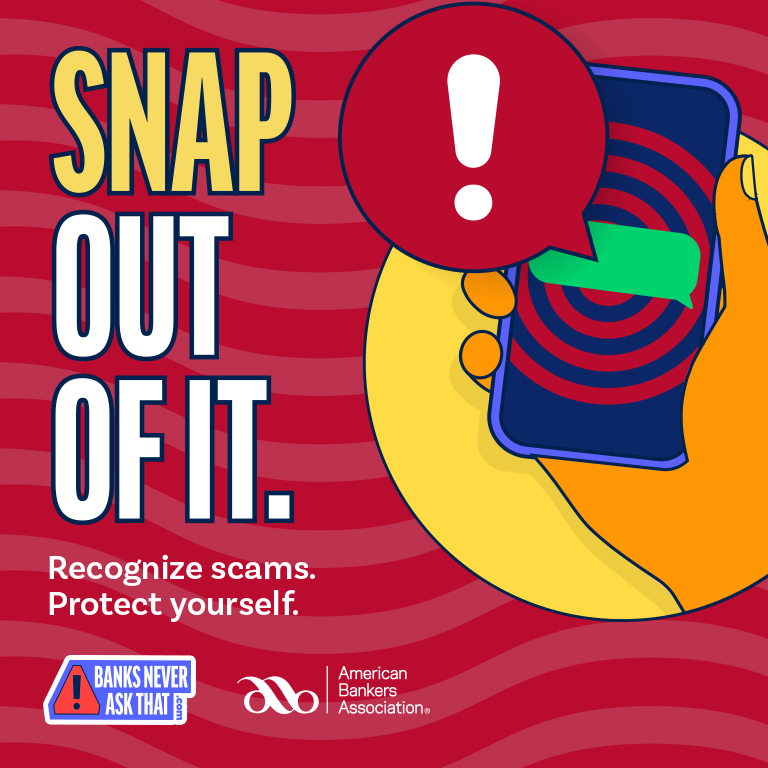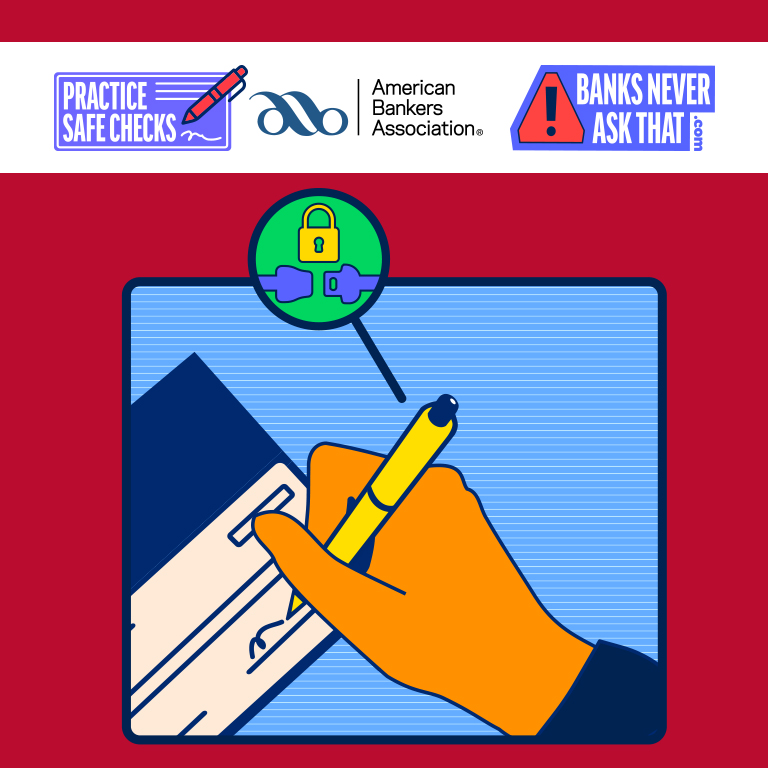Following the news of recent bank failures, fraudsters and scammers have been up to their usual tricks. Times of uncertainty often create a breeding ground of opportunity for criminals who are trying to steal your personal information or money.
While some types of fraud require a highly technical hacker, many incidents require nothing more than the trust of the person on the other end of an email or phone call.
Because of a recent uptick in scams and fraud, now is a good time to review our tips for keeping your information and money safe — and to share them with the people in your life who may not be as equipped to protect themselves.
Do not give anyone money or personal information on the phone, online, or by email
Rule number one when it comes to preventing fraud is to avoid giving out any kind of personal information.
Basic, we know — but not as simple as it might sound.
If you receive a call or email and you’re not sure whether the person is who they say they are, do not share any personal information with them; instead, hang up or delete the email and reach out to the organization or person yourself.
Sometimes, personal information isn’t the only thing these scammers might be looking for. You should never give out your credit card or debit card number in these types of situations or on unfamiliar websites.
Lastly, you should never publicly share information like your car make/model, your favorite teacher, the names of your siblings, or any previous addresses. Even this type of seemingly harmless information can be used by fraudsters to answer security questions for your online banking or other internet accounts.
Think before clicking links
Use caution before clicking links in emails or text messages.
When you click a harmful link, hackers can gain access to your phone or computer and get ahold of your personal information. This is known as ‘phishing’ and ‘smishing’ (see our previous cybersecurity blog for more ways to spot these types of attacks).
For example, you might receive a spoofed email or text message that appears to be coming from your bank or the IRS with a link to view a ‘new deposit’ or ‘unusual account activity.’
Approach these messages with caution, and remember: the IRS would never call or text you, and if you don’t normally receive text alerts from a bank, it’s very likely a phishing attempt.
Shred documents that contain personally identifiable information
Some instances of fraud occur when the fraudster gets access to documents that contain personally identifiable information. If you are disposing of important documents, be sure to shred them.
For extra security, anything with your Social Security number, bank account number(s), debit or credit card numbers, etc., should also be shredded when disposed of.
Do not cash or deposit a check you receive in the mail if you don’t know where it’s from
There is a form of check fraud that occurs through the mailing of checks.
In one of these instances, the victim receives a check made out to them in the mail. They usually weren’t expecting a check from anyone and don’t recognize the maker of the check.
If you don’t know where a check is coming from or why you got it, do not deposit it — it’s probably fraud.
Instead, bring it to the Bank or notify us so we can check if it’s legitimate or not.
Monitor your account statements regularly
The best way to monitor your account for fraud is by reviewing your account history and statements regularly. If you see a transaction that you don’t recognize, contact us right away.
Setting your account up with online banking is a great way to easily view your account activity whenever and wherever you want.
You can sign up for online banking here, download the FNBSF mobile app, or reach out to us for assistance with enrolling.
Keep in touch
At First National Bank, we’re always looking out for fraud. But with these tips, you’re now equipped to protect yourself too.
If you ever have questions or concerns — or in the event that you think you’ve fallen victim to a scam or fraud — give us a call at (605) 335-5200.


